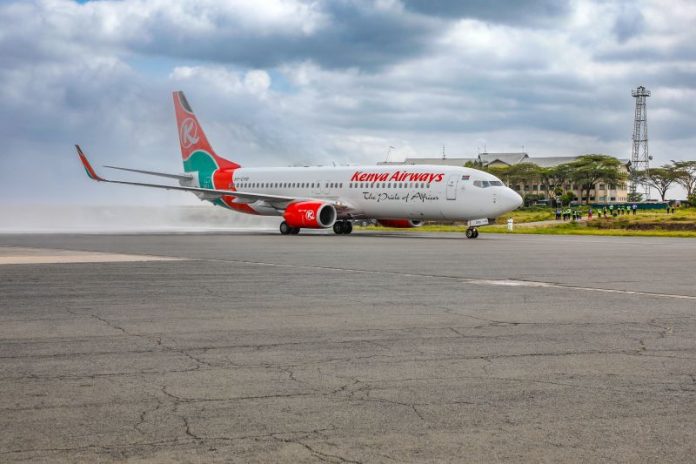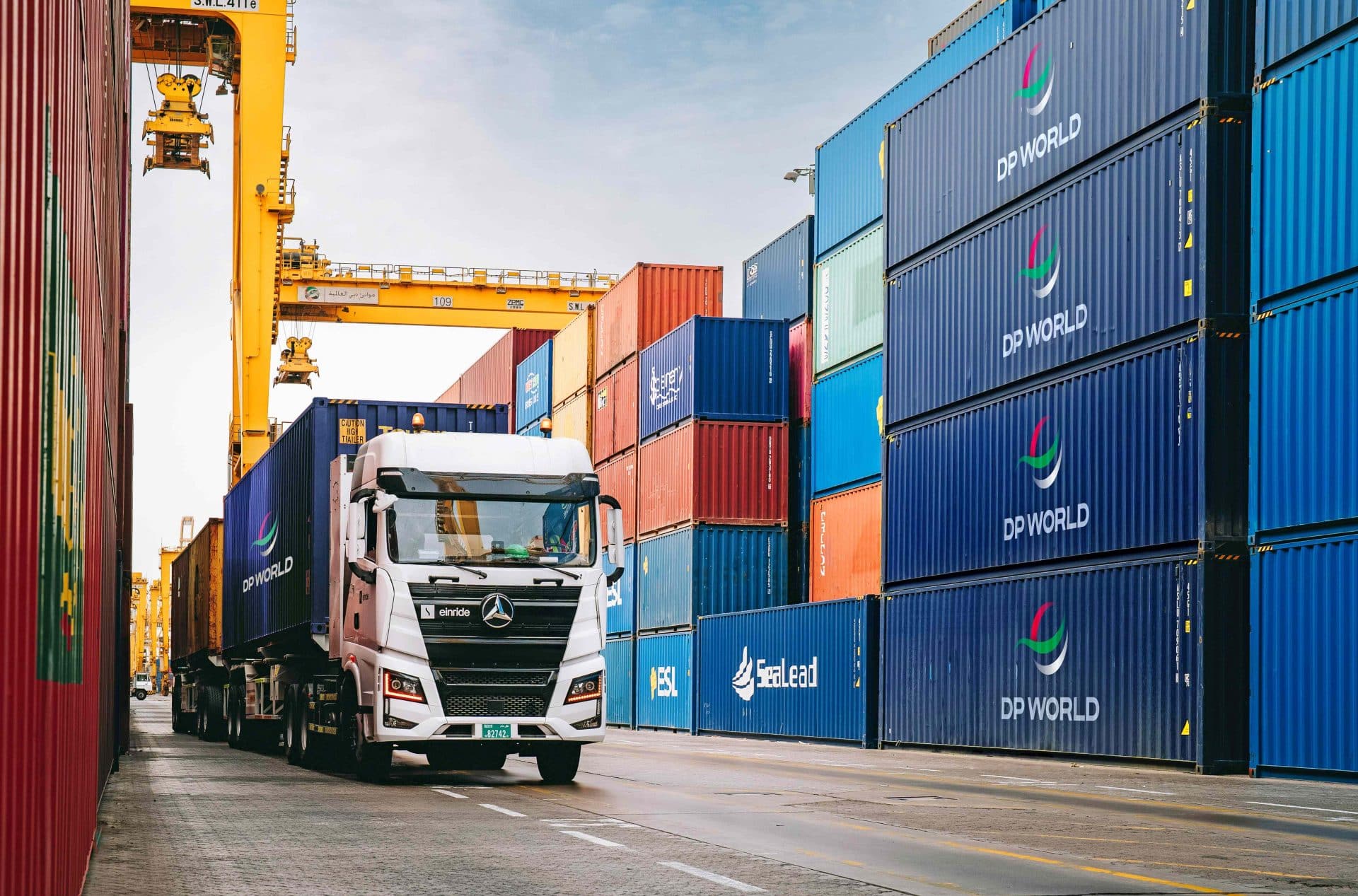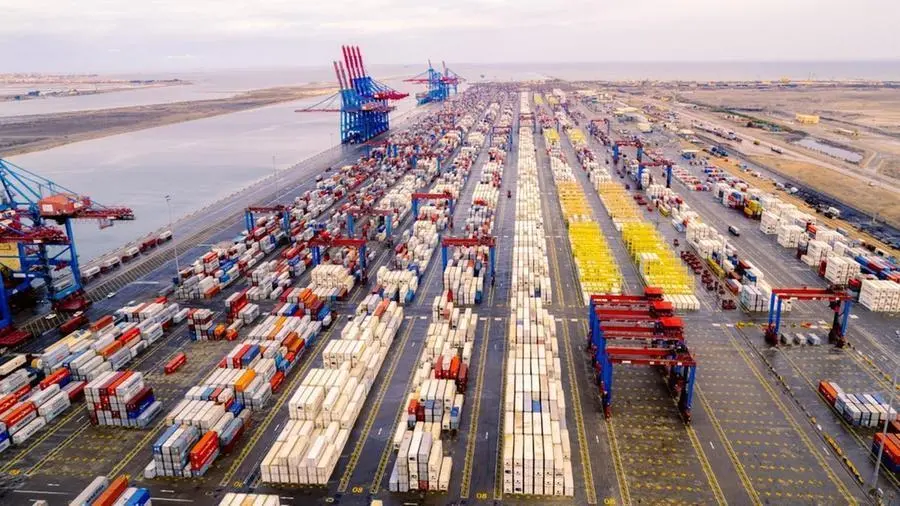Logistic Other

Securing the smart fleet: Protecting South Africa’s logistics sector

South Africa's transport and logistics sector, contributing 10-12% of GDP, is the backbone of the national economy. As the industry modernizes with smart technologies like IoT sensors and predictive maintenance, it faces a growing threat: the convergence of traditional IT networks with operational technology (OT) that controls physical infrastructure like rail lines and port systems. These OT systems were designed for reliability, not cybersecurity, making them vulnerable targets.
This digital integration creates significant risks. A cyber breach that starts in an office network can potentially disrupt critical logistics controllers, causing port congestion or delivery delays with severe economic repercussions. The core challenge is a lack of visibility into these interconnected networks, making it difficult to detect and isolate threats quickly.
Building resilience requires a unified security approach. Operators must gain a complete inventory of connected devices and implement layered defenses. This includes segmenting networks, enforcing Zero Trust principles with strict access controls, and using AI-driven monitoring to detect anomalies. Collaboration between IT, engineering, and security teams is essential for this strategy to succeed.
Furthermore, cybersecurity must be a shared responsibility in public-private partnerships, aligned with international standards. Ultimately, a secure digital foundation is not separate from sustainability goals; it is a prerequisite. For South Africa's logistics sector to deliver on its promise of smarter, safer, and more sustainable transport, digital innovation and robust security must evolve together.












